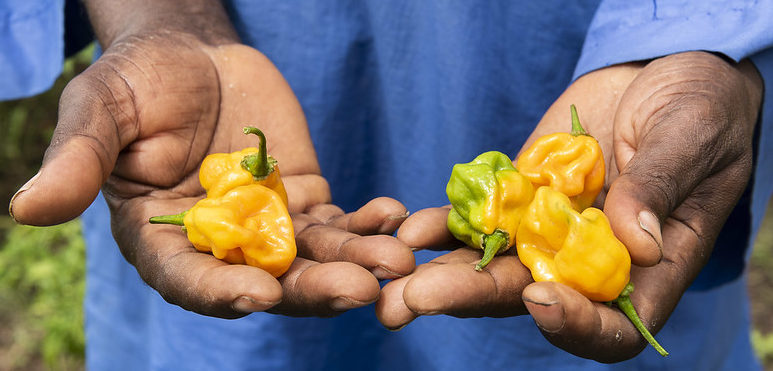For the third year in a row, SIANI organised its annual meeting in a virtual form. Over three weeks, three separate events gathered speakers and an audience from several continents. During the events, speakers from various sectors in the food systems – ranging from farmers to policymakers – shared their experience, knowledge, and work towards more inclusive and sustainable food systems. Despite the different geographical and sectorial areas, one thing remains clear: food systems must transform rapidly if we are to feed the world population in accordance with nature and people.
A total of 150 people actively involved in the transformation of food systems gathered for three weeks. The Mentimeter, opening the three different sessions, offered an overview of the geographic and sectorial coverage of the participants. While most participants were engaged in development practice and aid or academia, policymaking and communications were well represented. A few participants were directly involved in primary production, denoting the whole range of sectors that SIANI engages with as a network. SIANI being a Sweden-based network, a vast majority of the audience joined from Northern Europe, but the sessions focusing on the African and the Asian continent pushed presence from other parts of the world.


